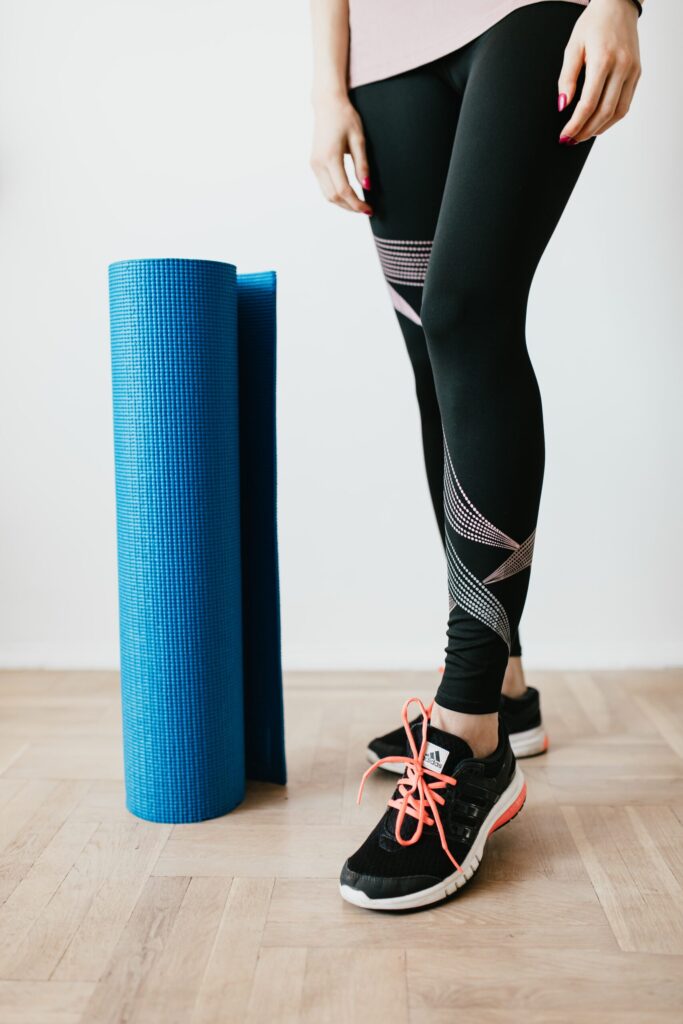In recent news, a basketball player had to have his kidney removed after sustaining an injury during a game. While unfortunate to lose a kidney, most people with just one kidney can live healthy, normal lives.
There are four main causes of this condition, known as a solitary kidney:
1. Birth defects. Some people can be born with only one kidney, or with two kidneys, but with only one that functions properly.
2. Surgical removal. A kidney may be removed due to severe trauma after an accident (as in the case of the basketball player), a tumor (whether benign or cancer), kidney stones or a severe infection.
3. Kidney donation. Persons who donate a kidney to be transplanted into a family member or friend whose kidneys have failed should have two healthy kidneys.
4. Kidney transplant recipients. Recipients of the kidney transplant have native kidneys that do not work properly and will have only one functioning kidney after the transplant.
A solitary kidney may be able to compensate and increase function as well as two healthy kidneys, like having one person doing the job of two people. However, injury to a solitary kidney can cause kidney failure to happen more quickly, making treatment more urgent and needing closer monitoring.
Individuals with one kidney may have a slightly increased risk of developing high blood pressure and this can damage blood vessels in the kidneys, reducing their ability to work correctly. You should have your blood pressure monitored at least twice a year and if high blood pressure is present, your blood pressure should be controlled to less than 130/80 mmHg.
Having a single kidney has historically been considered a disqualifying condition for contact sports like football, basketball, martial arts, boxing and soccer. Over the years, however, it has been shown that it is reasonable to allow individuals with a single kidney to participate in contact sports, after discussion of the potential risks. Wearing protective gear such as padded vests can help protect the kidney from injury during sports. This can help lessen the risk, but remember that it won’t take away the risk.
Here are some tips on how to take care of a solitary kidney.
Maintain a healthy weight. Being overweight or obese can overtax the ability of one kidney to function properly.
Eat a balanced diet. Have a healthy, balanced diet low in salt, sugar and processed foods. Include fruits, vegetables, lean proteins and whole grains in your diet.
Stay hydrated. Drink enough water to maintain good kidney function. Proper hydration also helps prevent kidney stones.
Monitor your blood pressure. You should keep your blood pressure within a healthy range because high blood pressure can put extra stress on your kidney.
Limit alcohol and caffeine.
Don’t smoke.

Don’t smoke.
Be careful with pain relievers. Long-term use or excessive dosage of medications like ibuprofen, mefenamic acid and etoricoxib can harm the kidneys. Take these medicines only as prescribed by your doctor.
Medication awareness. Inform your healthcare provider about your solitary kidney when discussing medications, as some drugs can be hard on the kidneys. They can adjust prescriptions accordingly.
Exercise. Engaging in regular physical activity to promote overall well-being is still a good idea, but take precautions to protect your kidney.
Regular check-ups. See your doctor regularly to monitor your kidney function and provide guidance on managing your health. Periodic blood and urine tests can help to detect any issues early so that they can be managed right away.
Treat bladder and kidney infections. If you have any signs of urinary tract infection, such as pain on urination, frequent urination and fever, seek medical help immediately to get the proper treatment.
Educate yourself. Learn about your condition and follow your doctor’s advice. Being well-informed about your health can help you make better choices
Yes, you can live with one kidney. Together with the guidance of your physician, regular monitoring and a healthy lifestyle, you can help ensure the optimal function of your solitary kidney.
